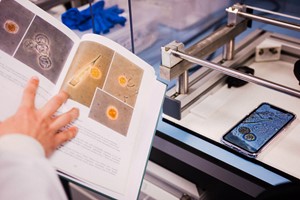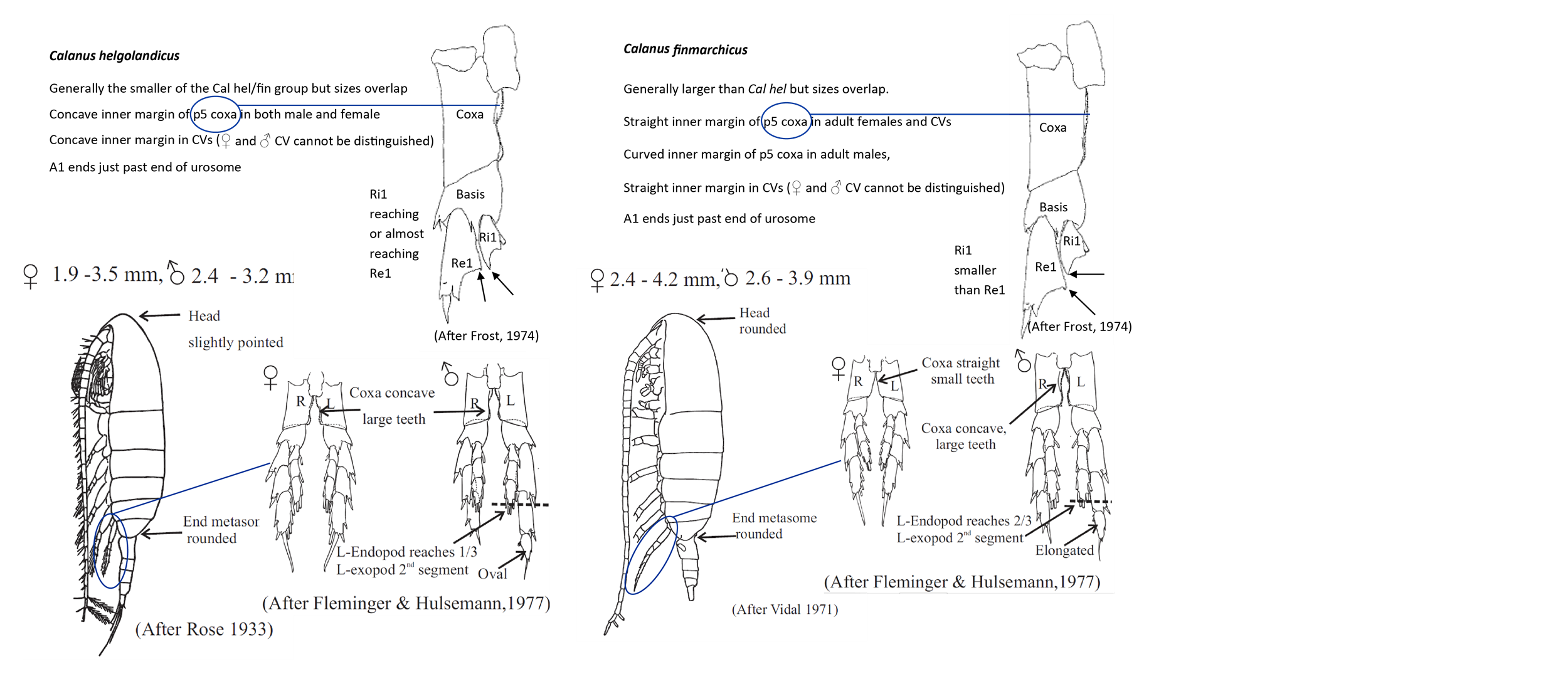Taxonomy
Plankton identification
 Considered an International Centre of Excellence for planktonic taxa identification, we offer a range of services including all aspects of plankton identification and enumeration. From polar waters to the tropics, and from surface waters to the deep ocean, we analyse microbes to up to jellyfish, using traditional light microscopy and molecular techniques.
Considered an International Centre of Excellence for planktonic taxa identification, we offer a range of services including all aspects of plankton identification and enumeration. From polar waters to the tropics, and from surface waters to the deep ocean, we analyse microbes to up to jellyfish, using traditional light microscopy and molecular techniques.
Our skilled team of taxonomists are able to undertake a wide range of plankton analysis including work on behalf of agencies such as: Environment Agency, British Antarctic Survey, Natural Resources Wales, Defra.
Plankton skills tuition
Rich in knowledge and experience we are able to offer training in all aspects of plankton identification, enumeration, sampling and other related subjects: we regularly run training events, from bespoke one-to-one tuition up to international workshops.
Facilities

Our laboratory is exceptionally well equipped with a variety of microscopes, a dedicated formaldehyde extraction system and an extensive taxonomic library. A range of bench fee options are available for students, research scientists and other interested parties.
Quality and Excellence
Since 2015 we have hosted the Zooplankton component of the NE Atlantic Marine Biological Analytical Quality Control Scheme, through writing and organising the ringtest, this undertakes quality control for the analysis of zooplankton samples through a series of ring tests of pre-determined species and written quizzes.(NMBAQC) http://www.nmbaqcs.org/scheme-components/zooplankton/
David Johns is currently Chair of the committee with Claire Taylor acting as Technical Secretary.
Sustainability
Caring for our planet is imbedded in our culture. We were the first marine laboratory to achieve a silver Laboratory Efficiency Assessment Framework award (LEAF). University College London (UCL) developed LEAF as a defined sustainability standard for laboratories by recommending actions that lab users can take to reduce waste, energy, plastics and water in the lab.
As an International Centre of Excellence, our skills are routinely assessed by participating in the aforementioned exercise.
Our expertise

To practice as a plankton taxonomist takes time! Our analysts when starting go through an initial intensive period of training lasting up to a year to learn how to identify not only the >1200 taxa we routinely identify but also how to identify new species not seen before. This training carries on throughout an analysts career where we continually train ourselves in-house and through attending international workshops and sharing knowledge.
Despite advances in taxonomic technology some features can only be identified by an experienced eye, particularly for CPR samples which are often flatten or missing vital parts!
An example of our routine analysis; key indicator species of Calanus helgolandicus and Calanus finmarchicus to the untrained eye can look very similar.
To distinguish between species our analysts use some selected key features to identify. 

